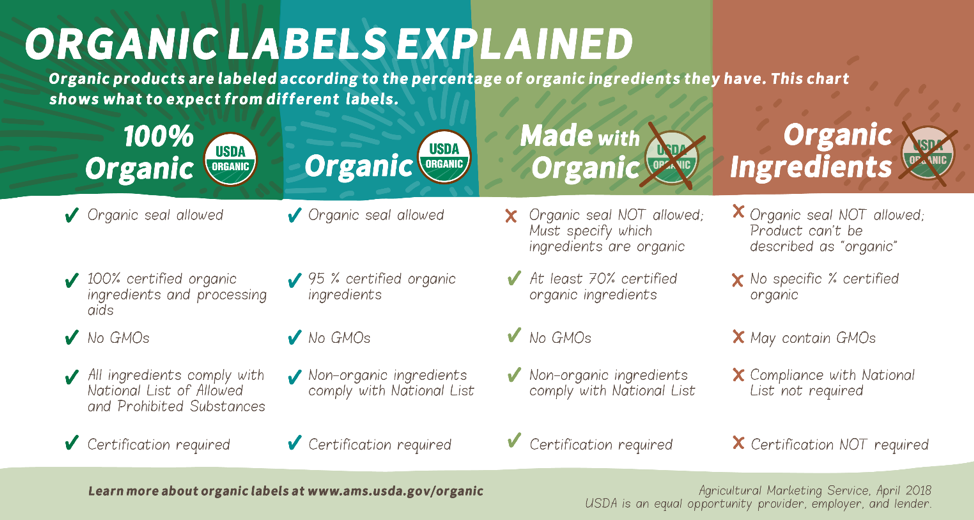In today’s health-conscious world, the debate between organic food and regular food has become increasingly popular. With the rise of organic farming practices and an emphasis on clean eating, many consumers are left wondering which option is truly the healthiest. In this article, we will explore the differences between organic and regular food and determine which option is best for your overall health.
What Is Organic Food?
Organic food is defined as food that is produced using natural methods without the use of synthetic pesticides, herbicides, or fertilizers. Organic farmers focus on sustainable and environmentally friendly practices that promote soil health and biodiversity. This results in food that is free from potentially harmful chemicals and may have higher nutrient levels compared to conventional food.
Benefits of Organic Food
There are several benefits to choosing organic food over regular food. Organic food is typically higher in nutrients such as vitamins, minerals, and antioxidants due to the healthier soil in which it is grown. Additionally, organic food is free from synthetic chemicals that can be harmful to human health. Choosing organic food can also support local farmers and promote sustainable agriculture practices that are better for the environment.
What Is Regular Food?
Regular food, also known as conventional food, is produced using conventional farming practices that may involve the use of synthetic pesticides, herbicides, and fertilizers. While regular food is generally more affordable and widely available compared to organic food, it may contain residues of harmful chemicals that can pose health risks to consumers.
Drawbacks of Regular Food
Regular food has several drawbacks that consumers should be aware of. Conventional farming practices may contribute to soil degradation, water pollution, and the loss of biodiversity. Additionally, regular food may contain residues of synthetic chemicals that have been linked to health issues such as cancer, hormone disruption, and neurodevelopmental disorders. Choosing regular food over organic food may also support unsustainable agricultural practices that harm the environment.
Which Is Healthier?
When it comes to choosing between organic food and regular food, the answer may depend on your personal health goals and values. While organic food is generally considered to be healthier due to its higher nutrient levels and lack of synthetic chemicals, it can be more expensive and harder to find compared to regular food. If you are able to prioritize your health and budget, choosing organic food may be the best option for you.
Conclusion
In conclusion, the debate between organic food and regular food is a complex one that involves weighing the benefits and drawbacks of each option. While organic food may be healthier and better for the environment, regular food is more affordable and widely available. Ultimately, the choice between organic food and regular food is a personal one that should be based on your health goals, values, and budget. Regardless of which option you choose, it is important to prioritize your health by making informed decisions about the food you consume.
